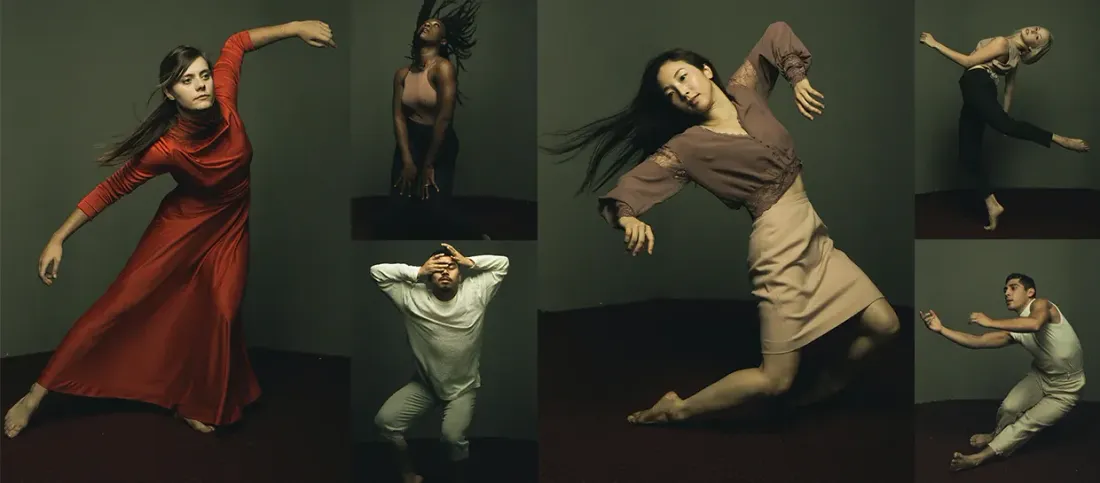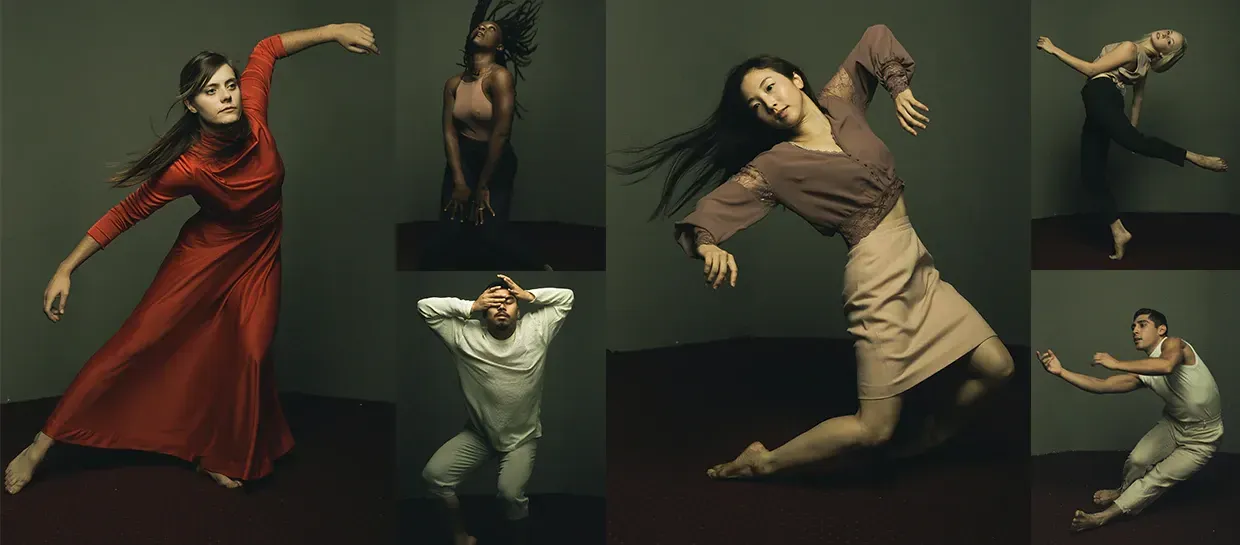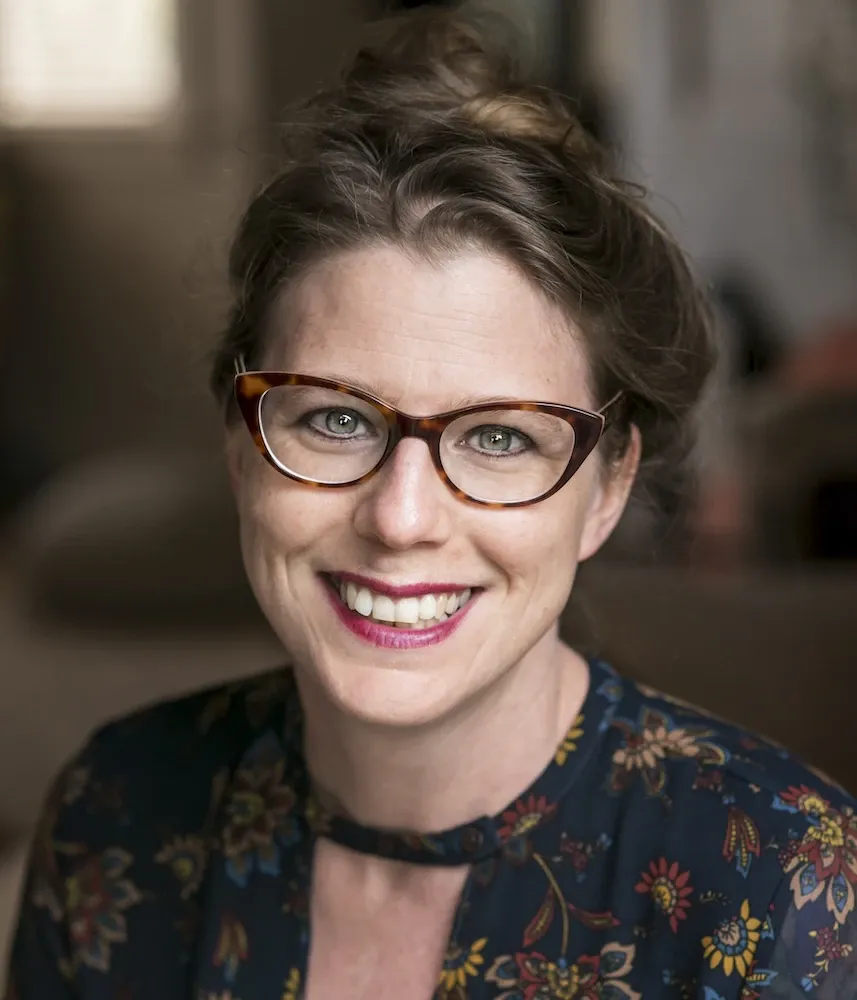The new normal: what it takes to be a crazy fool
Written by


I like to pretend that I’m related to Merce Cunningham. He’s one of the pioneers of 20th century Modern Dance (capital M, capital D). One of my favourite quotes about dance is by him.
He simply said “You have to love dancing to stick to it."
I recall coming across his words of wisdom as a student in the 90s. I was a young and very optimistic dancer, quite new to the dance world having only started taking proper classes at uni. I was seeking some kind of assurance that I had made the right decision to pursue dance as a career, and this quote spoke to me on many levels.
Yes, you do have to love dancing to stick to the full-on, often brutal physical regime, to the long process of choreographic revision, to the endless rehearsals, to the constant demand of taking class in pursuit of physical perfection and to the boredom of production week.
Increasingly, dance became that asshole boyfriend who didn’t have a job, was always borrowing money, never brought me flowers, ignored me in front of his friends and blatantly ogled more attractive and talented dancers.
Throughout my dance training, more of Merce’s quote began to surface:
“It gives you nothing back, no manuscripts to store away, no paintings to show on walls and maybe hang in museums, no poems to be printed and sold, nothing but that single fleeting moment when you feel alive.”

Carrie Rae Cunningham. Director, Tempo Dance Festival.
Do I dance to feel alive? Is that what the student loan and permanent knee injury was all about? Dancing started to sound more like an abusive, dysfunctional relationship that I had unwittingly entered into.
Perhaps the quote should have been “You have to be a crazy fool to stick with it.”
Increasingly, dance became that asshole boyfriend who didn’t have a job, was always borrowing money, never brought me flowers, ignored me in front of his friends and blatantly ogled more attractive and talented dancers. But those very few times – those ‘fleeting moments’ - when he unexpectedly put his arm around me or held the door open for me, I melted in that gooey rush of love and ‘feeling alive.’
Still, I began to wonder if feeling alive was really why Merce danced. Or even if that was why I danced. I could just as easily feel alive by reading a great book, having a good belly laugh with friends or eating a particularly spicy batch of hot wings.
I’ve come to understand that while I loved to dance, feeling alive was not really why I did it. And it’s not what drives me to continue to work in the dance sector today (in a mostly non-dancing role, I might add).
So, what is it? To answer that, we need to change our perspective a bit.
A few years ago I attended conference for festival managers in Budapest. There were people from all over the world working closely with a crew of top-shelf festival directors.
One of our mentors was a woman named Rania Elias, a director from the Yabous Cultural Centre in occupied Palestine. Her organisation has been delivering arts programmes across all disciplines since 1996, and the Jerusalem Festival is the main activity of this organisation. She told us about her festival and about all the arts events her group puts on.
She also told of how - with surprising frequency - they get closed down by random appearances of the military police. They have been minutes away from starting a classical concert attended by 500 people, only to be shut down right there and then. They have invited internationally renowned artists to perform, who have then been denied at the border. Even childrens’ workshops get shut down. Rania and members of her organisation have even been arrested - more than once - for doing nothing more than organising a public showing of paintings by local students.
Eventually - she told us - she has grown accustomed to this. Things take a long time to organise and now she anticipates that an event will be shut down, and always puts a Plan B in place. Sometimes it’s even Plan C, D or E. But she and her colleagues persevere. They continue to hold events, workshops, exhibitions and invite international guests to perform in Palestine.
So in asking myself why I continue, I turn to Rania. Why?
She said “We do these events, this festival and this work to feel normal.”
Rania’s circumstances are very different to mine, here in New Zealand, for obvious reasons. Sure, we don’t get closed down, arrested, or drummed out of town. We have other challenges. But still, the show must go on, and there’s no shortage of forces conspiring against us.
And so instead of feeling alive (which sounds increasingly desperate, when you think about it), maybe we do all this because we just want to feel normal. After all, isn’t it normal to feel alive?
Carrie Rae Cunningham is the director of the Tempo Dance Festival, running October 4 - 14 in Auckland.